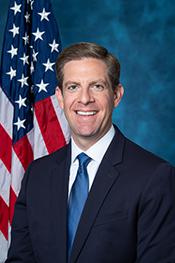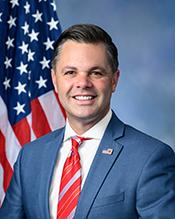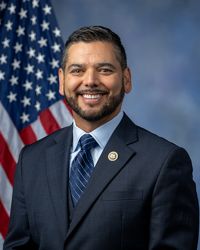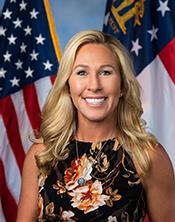H.R. 1871: Water Conservation Rebate Tax Parity Act
This bill, known as the Water Conservation Rebate Tax Parity Act
, proposes changes to the Internal Revenue Code of 1986 to expand the eligibility for income tax exclusions for certain types of conservation subsidies. Here's a simplified breakdown of what the bill aims to achieve:
Expanded Income Exclusion for Conservation Subsidies
The bill modifies the current provisions regarding what types of conservation subsidies can be excluded from a taxpayer's income for federal tax purposes. Specifically, it will include subsidies that are aimed at:
- Water conservation or efficiency measures: This involves actions taken to reduce water consumption or improve water management in residential homes. Examples may include water-saving devices, irrigation improvements, or retrofitting plumbing.
- Storm water management measures: These are measures to manage and control storm water runoff, which may include systems designed to mitigate flooding or water pollution related to storm events.
- Wastewater management measures: This focuses on managing wastewater at residences, which can encompass systems like septic tanks or cesspools that handle wastewater treatment.
Clarifying Definitions and Eligibility
The bill adds specific definitions for the types of measures that qualify for these tax exclusions:
- Water conservation or efficiency measure: Actions primarily aimed at reducing water usage or enhancing water demand management.
- Storm water management measure: Installations that are primarily designed to reduce or manage storm water and the associated risks of flooding.
- Wastewater management measure: Efforts specifically targeted at the control and treatment of wastewater from homes.
Eligibility for Subsidies
Subsidies can come from various sources, including:
- Public utilities (e.g., water, electricity suppliers) offering incentives to customers.
- State or local governments providing grants or rebates to residents.
- Storm water management providers that assist with managing storm water.
Effective Date
The amendments resulting from this bill would apply to subsidies received after December 31, 2021. Hence, they would retroactively allow tax exclusions that were not previously acknowledged under the earlier regulations.
Non-inference Clause
The bill includes a statement clarifying that it does not intend to change the tax treatment of any subsidies received prior to January 1, 2022. This provision aims to ensure that there is no unintended alteration of tax liabilities for actions taken before this date.
Relevant Companies
- PCG (PacifiCorp): As a utility company, it could potentially provide subsidies or rebates related to water conservation efforts.
- DUK (Duke Energy): This company may also offer water management solutions, impacting its financials if this bill passes due to changes in rebate structures.
- AWR (American States Water Company): Likely to be affected as it may need to adjust its conservation programs to align with new tax incentives for customers.
This is an AI-generated summary of the bill text. There may be mistakes.
Sponsors
8 bill sponsors
Actions
2 actions
| Date | Action |
|---|---|
| Mar. 05, 2025 | Introduced in House |
| Mar. 05, 2025 | Referred to the House Committee on Ways and Means. |
Corporate Lobbying
0 companies lobbying
None found.
* Note that there can be significant delays in lobbying disclosures, and our data may be incomplete.















